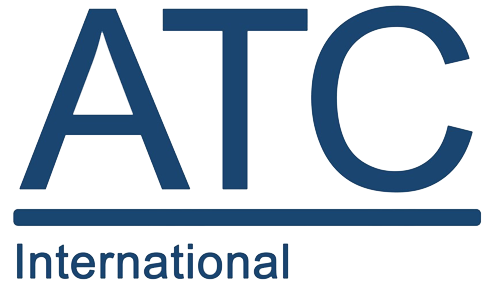ISO 29001
ISO 29001
ISO 29001 is an international standard that provides specific requirements for the quality management systems (QMS) of organizations operating in the petroleum, petrochemical, and natural gas industries. It is based on the structure of ISO 9001, the well-known standard for generic QMS, but with additional industry-specific requirements tailored to the energy sector.
Key aspects and features of ISO 29001 include:
- Industry Focus: ISO 29001 is designed to meet the needs of organizations involved in the design, development, production, installation, and servicing of products specifically for the petroleum, petrochemical, and natural gas industries.
- Quality Management System (QMS): ISO 29001 sets forth requirements for establishing, implementing, maintaining, and continually improving a QMS. The QMS is intended to enhance efficiency, effectiveness, and overall performance in the industry-specific context.
- Compliance with ISO 9001: This standard aligns with the structure and requirements of ISO 9001, incorporating its core principles while adding industry-specific criteria to address the unique challenges and expectations of the energy sector.
- Risk Management: The standard emphasizes risk-based thinking and risk management, particularly in the context of the petroleum, petrochemical, and natural gas industries, where operational risks can have significant impacts.
- Process Approach: ISO 29001 encourages the adoption of a process approach to quality management, ensuring a systematic and well-defined approach to achieving consistent results.
- Customer Focus: The standard emphasizes the importance of understanding and meeting customer requirements and expectations, a fundamental aspect of quality management in any industry.
- Continual Improvement: Organizations are encouraged to pursue continual improvement in their processes and QMS to enhance product and service quality, efficiency, and customer satisfaction.
- Product Realization: Requirements related to product design, development, production, installation, and servicing are outlined to ensure that products meet the specific needs and safety standards of the petroleum, petrochemical, and natural gas industries.
- Traceability and Documentation: The standard emphasizes the importance of traceability and maintaining appropriate documentation to demonstrate conformity to specified requirements and processes.
- Supplier Quality Management: ISO 29001 addresses supplier quality management, highlighting the need to evaluate and manage suppliers and their contributions to the organization’s overall quality performance.
ISO 29001 certification demonstrates an organization’s commitment to delivering quality products and services that meet industry-specific requirements. This certification can enhance an organization’s reputation, improve customer confidence, and support market access, especially within the petroleum, petrochemical, and natural gas sectors. It provides assurance to stakeholders that the organization has implemented a robust quality management system tailored to the industry’s unique demands.





